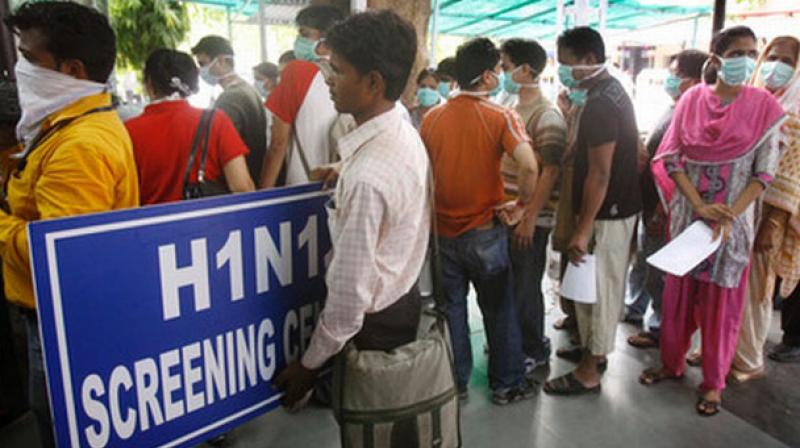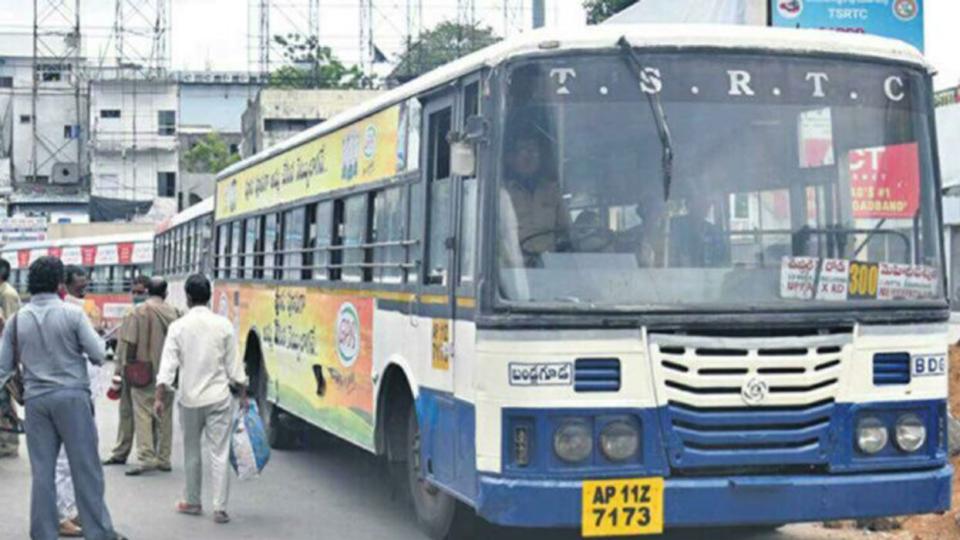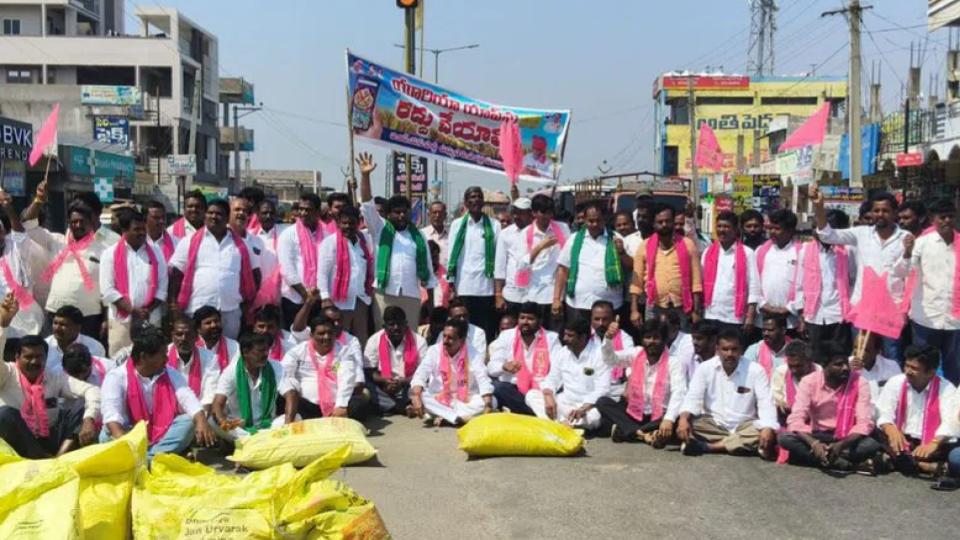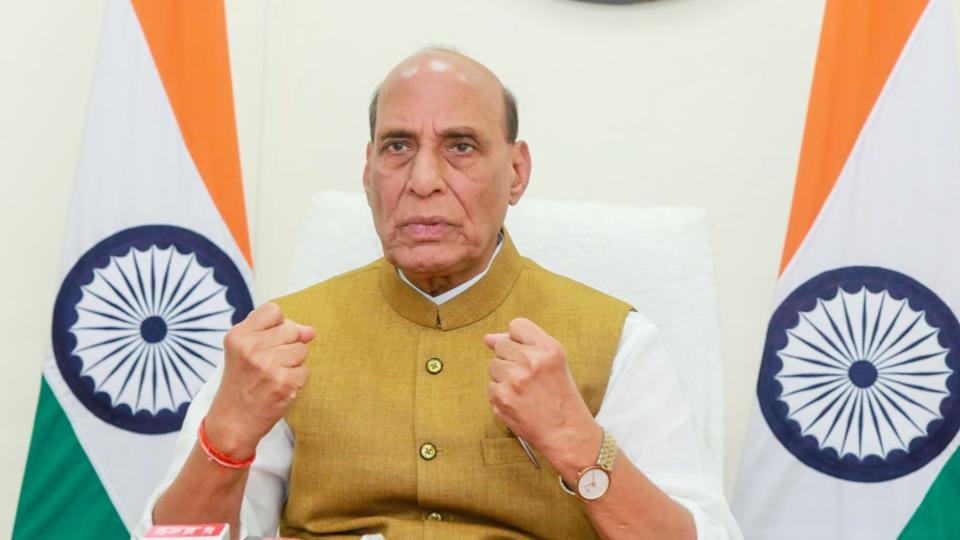48 cases of swine flu detects in just 10 days of October
Fri 12 Oct 2018, 12:43:09

As per health department records, a spurt in H1N1 cases began in mid-September. Since then, 79 cases have been detected among which, 48 confirmed cases were detected in the last 10 days alone.
To handle it effectively, health authorities have urged people to ensure that every patient who reports high fever with cough and cold and falls in the high-risk category, be isolated at home and treated with oseltamivir (medicine for swine flu). For the highest risk patients immediate hospitalisation is required, they have stressed. Highest risk
patients are those with high grade fever, cough or sore throat along with breathlessness, chest pain, drowsiness or fall in blood pressure.
patients are those with high grade fever, cough or sore throat along with breathlessness, chest pain, drowsiness or fall in blood pressure.
As per protocol, H1N1 patients admitted to hospitals are required to be kept in quarantine (isolated from other wards and entry to the wards remain restricted). “Only staff members who have been trained in handling such patients and have been administered the necessary vaccine are allowed inside the disaster ward here,” said a source from Gandhi Hospital.
No Comments For This Post, Be first to write a Comment.
Most viewed from Hyderabad
Most viewed from World
AIMIM News
Latest Urdu News
Most Viewed
May 26, 2020
Should there be an India-Pakistan cricket match or not?
Latest Videos View All
Like Us
Home
About Us
Advertise With Us
All Polls
Epaper Archives
Privacy Policy
Contact Us
Download Etemaad App
© 2026 Etemaad Daily News, All Rights Reserved.












.jpg)










.jpg)













.jpg)
.jpg)
.jpg)


